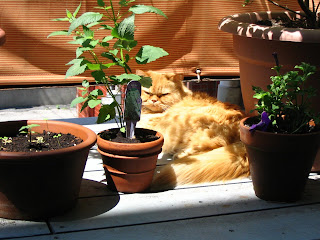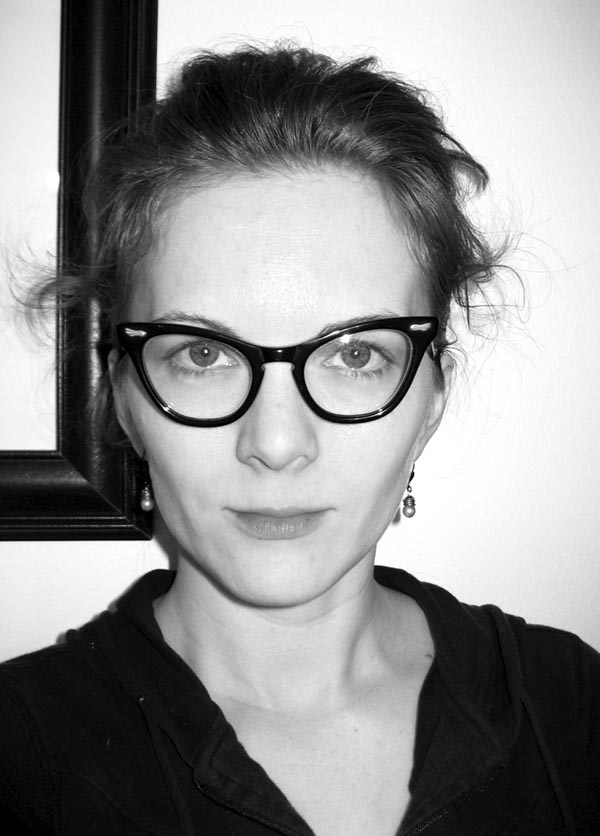In part, damascene road passaggio is, in cinematic effort, refractions of the
camera obscura, a sequence of asides and sides that take as their companions letters addressed to no one which are, to be expected, never read nor ever returned. This project takes up Kafka’s intercourse with ghosts, where he writes, "People have hardly ever deceived me, but letters always have... writing letters is like an intercourse with ghosts and by no means just with the ghost of the addressee but also with one's own ghost... writing letters is a means of exposing oneself to the ghosts, who are greedily waiting precisely for that. Written kisses never arrive at their destination; the ghosts drink them up along the way.”
Like an Ovidean romance, having been cast aside and situated at the edge of the inhospitable sea, this passaggio represents at once
tristia in vogue, exposing a vulnerability at the heart of absenteeism, and the likely automatism that ensues, attributing atonal/semi-tonal relationships between corresponding mutedness and subsequent apparitions to a deficient or a decelerating tempo.
Disenchantment provokes a split, in part sacrificing Lacanian consciousness, where the “unconscious is the discourse of the other” and where any utterance is learned by imitation instilled by the ghosts who fingered through the enchantment in the first place, techniquing holes, holes. The artifice dissolves to be replaced by another Wasteland artifice, with small curtsies to Surrealism, where redress is in continual residue.
Here, acts of enlightenment and superstition battle it out, but with no notion of where the stage is at and only some idea of the staging. Where a step forward, perhaps lightly, upon the Deluzian surface (where “nothing is more fragile”) and into perpetual night recovers an interest in what guidelines we use for shaping. Hesitation is everywhere: in myofascia transparency, in rest, in the anatomy of containment. Where the snake meets faceted night.
*this subtext/pretext follows my latest chapbook work, the poem
damascene road passaggio, in an attempt to sift or to garden the gaze from the pricey Parterre; a way past poverty, then, and into particularities in the field. From here you might see the tenor open his mouth and howl, but are safe from the drippings of the first row.








































